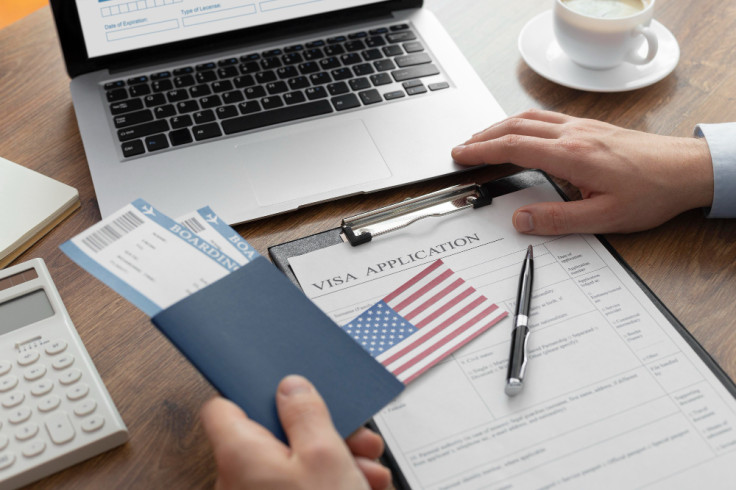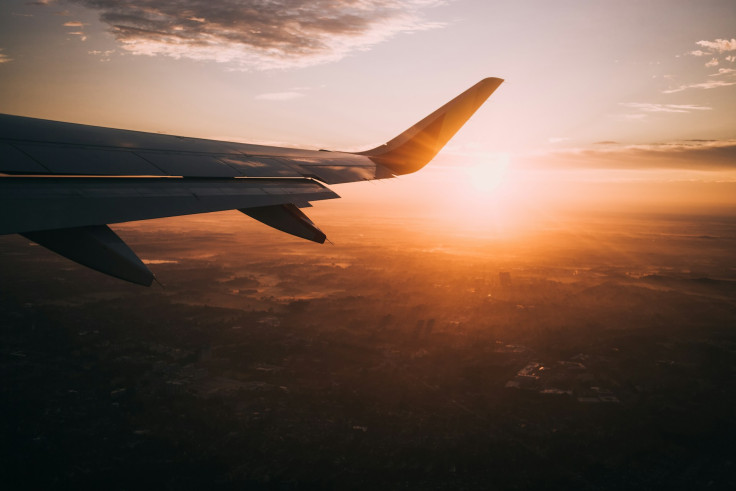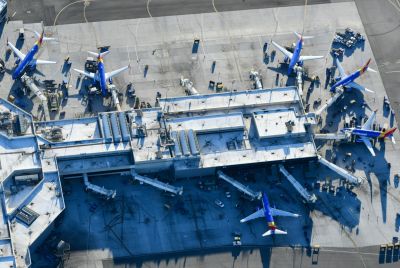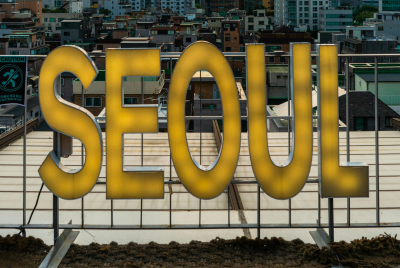Pay Up or Stay Out! Outrage as US to Charge 'High-Risk Tourists' Up to $15,000 Just to Enter the Country
The US introduces a controversial visa bond pilot targeting high-risk countries, requiring refundable bonds of up to $15,000 to deter overstays.

America is preparing to slam its doors on millions of legitimate travellers with an unprecedented 'pay-to-enter' scheme that could see tourists forced to stump up $15,000 (£11,700) simply to set foot on US soil.
The controversial pilot programme, launching in September 2025, will require refundable bonds from business and tourist visa applicants from nations designated as 'high-risk' by the US State Department. This move has sparked outrage across the travel industry and human rights circles.
What's Behind America's Controversial Bond Scheme?
The 12-month trial represents Washington's latest attempt to combat visa overstays by requiring monetary guarantees from travellers deemed likely to outstay their welcome.
The State Department will publish its targeted country list at least 15 days before the programme kicks off, with bonds ranging from $5,000 to $15,000 based on overstay statistics, passport security issues, and citizenship-by-investment programmes.
Whilst individual exemptions remain possible through case-by-case review, nationals from Visa Waiver Programme countries—including the UK, Japan, and Australia, as well as most European states—won't face these requirements.
Which Nations Face America's Tourist Tax?
Although the complete list is pending, officials have identified countries with high 2023 overstay rates, including Chad, Eritrea, Haiti, Myanmar, Yemen, Burundi, Djibouti, and Togo, among others. Chad had the highest overstay rate (49.5%), though with low absolute numbers.
The scheme resurrects proposals from late 2020 under former President Trump that never materialised due to pandemic disruptions. This iteration, however, enjoys active backing from Secretary of State Marco Rubio's department, working in tandem with officials from Treasury and Homeland Security.
Additional Fees: Visa 'Integrity' Charge
In parallel with the bond initiative, US lawmakers have proposed a non-refundable 'visa integrity fee' of $250 as part of the recently enacted One Big Beautiful Bill Act. Though not officially linked to the current bond pilot, the fee could apply to certain non-immigrant visa applicants in future if passed through Congress.
The measure is currently under legislative review and would not affect citizens from Visa Waiver Programme countries.
Unlike the refundable bond, this integrity fee is intended as a flat administrative charge, potentially refundable only upon timely exit or compliance with visa terms; however, the exact refund conditions remain undefined. Its implementation timeline and scope are yet to be finalised.

Outrage in Travel Industry and Beyond
The introduction of bond requirements has sparked widespread criticism. The US Travel Association estimates the pilot will impact around 2,000 applicants, mostly from countries with traditionally low travel volumes to the US. The group warned that the US may end up charging some of the highest temporary‑visitor visa costs in the world.
Immigration attorneys caution that combining bonds with recent USCIS fee hikes and the new integrity charge could effectively bar many applicants, especially from developing nations, from travelling legally.
Legal and Moral Opposition
Critics argue that the bond scheme amounts to a pay-to-travel tax that disproportionately targets poorer travellers, undermining the notion of fair access. In response, advocacy groups and human rights lawyers have denounced it as punitive and discriminatory.
So far, the State Department has declined to comment on diplomatic risks. Still, affirmations from the Department of Homeland Security emphasise the policy as part of a broader immigration-integrity agenda, aimed at curbing the abuse of temporary-visitor visas.
How It Could Work in Practice
Applicants from affected countries may be required to lodge their bonds before visa issuance. The money would be refunded upon compliance with visa terms—namely, leaving the US on time, being naturalised, or in the event of death. If applicants overstay, they forfeit the entire bond.
Further constraints include mandatory travel via pre-designated US airports. At least 15 days' notice will precede any updates to the country list.
A Price on Entry: What the Visa Bond Scheme Signals for US Travel Policy
This bold move marks a significant shift in U.S. immigration policy, effectively placing a front-line price tag on visits from selected nations for tourism or business purposes.
While proponents argue that it deters the misuse of temporary visas, opponents warn that it may exclude entire populations, fueling outrage among travel businesses and human rights advocates alike. The policy's impact will hinge on how strictly it's enforced, and how many countries end up targeted under the pilot.
This dramatic policy shift effectively monetises entry from selected nations. Whilst supporters argue it deters visa abuse, critics warn it threatens to exclude entire populations, potentially damaging America's reputation as a destination whilst fuelling international outrage.
© Copyright IBTimes 2025. All rights reserved.





















